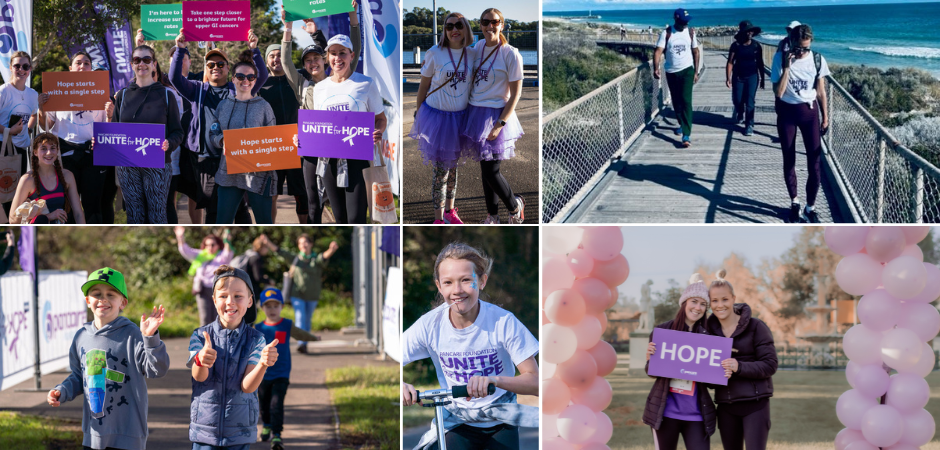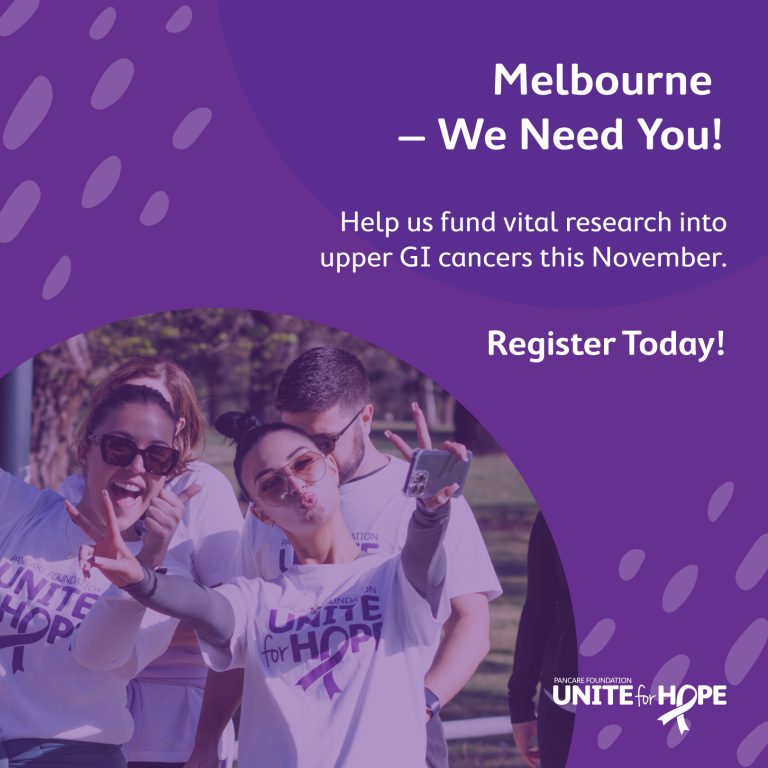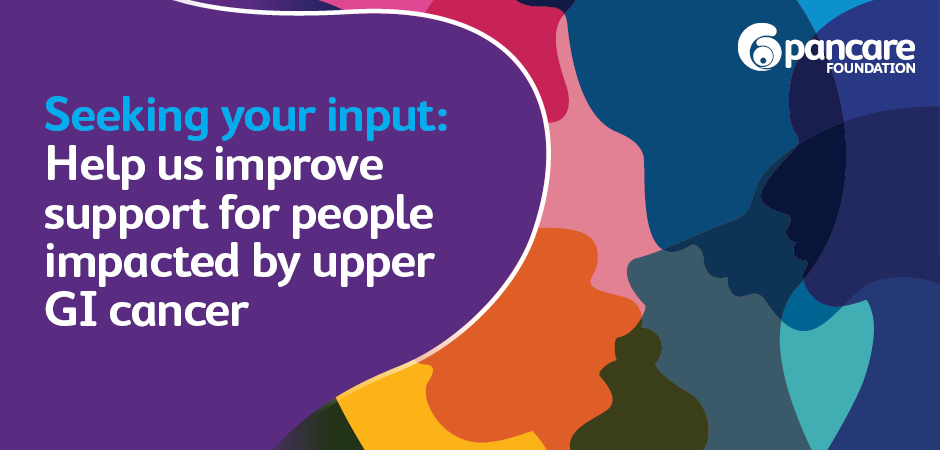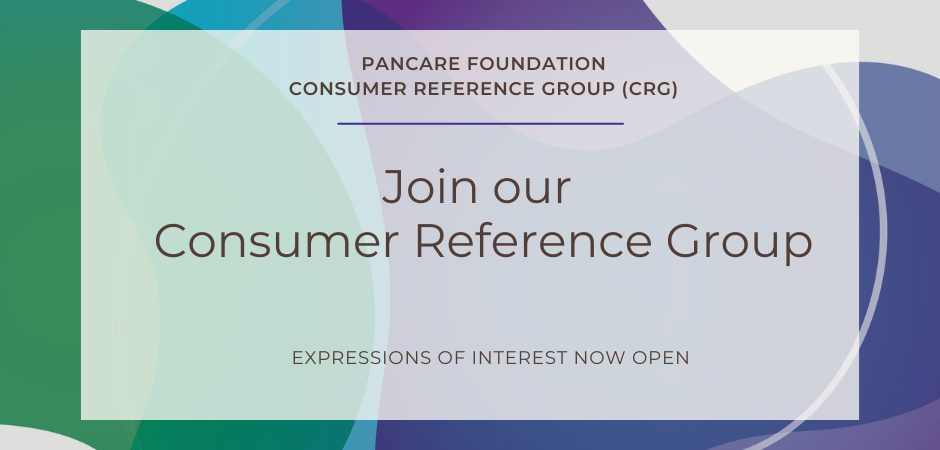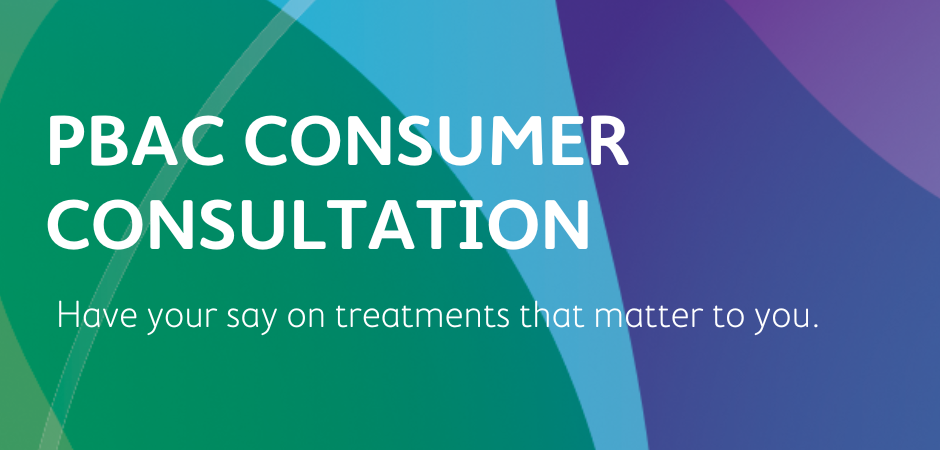
Patients and their families impacted by upper gastrointestinal (GI) cancers are invited to share their lived experience on two therapies that are listed in the upcoming Pharmaceutical Benefits Advisory Committee (PBAC) meeting in March 2024.
PBAC is an independent expert body appointed by the Australian Government. Members include doctors, health professionals, health economists and consumer representatives. Their primary role is to recommend new medicines for listing on the Pharmaceutical Benefits Scheme (PBS).
When recommending a medicine for listing, the PBAC takes into account the conditions for which the medicine was registered for use in Australia, how effective it is, how safe it is and if it provides value for money compared with other treatments.
Sharing your experience can help PBAC members make decisions on what is most important to patients. The kind of insights the PBAC want to hear about are how cancer and your current treatment has affected your life and how the possibility of another treatment may impact it. Both patients, carers and their families are invited to submit comments.
What therapies are being considered?
There are two relevant therapies for upper GI cancers being considered in the next meeting:
- Onivyde® (irinotecan) as a first line treatment for metastatic pancreatic cancer.
- Tecentriq® (atezolizumab) for advanced (unresectable) Barcelona Clinic Liver Cancer Stage B or Stage C hepatocellular carcinoma.
What should I include in my submission?
As a guide, you should include your lived experience on what it’s like to live with an upper GI cancer and the realities of current treatments available. You don’t need to give general information about the type of cancer or any clinical data on the therapy.
If you have had the opportunity to receive the above treatments (Onivyde® and Tecentriq®) that are being considered, you should focus on the difference that the treatment has made for you. For example:
- the impact on quality of life and ability to undertake normal activities
- the effect on family and work
- the financial impact of cancer and treatment
- how it compares to other treatments you have had – e.g. side effects, differences in administration of treatment.
If you are a carer, family member or someone living with an upper GI cancer who has not been able to access this therapy, you should focus on what accessing the treatment would have meant to you or your loved one. For example:
- What differences the treatment may have had on your loved one – e.g. enhanced quality of life, ability to return to work, witness special family occasions, additional survival time.
- How would have this positively impacted you in your role as a carer? E.g. allowed you to return to work.
How to submit your comments
Consultation is now open and closes on Tuesday 31 January 2024. You can submit your comments:
- Via online survey – available here.
- By sharing your experience with Pancare Foundation, which we will incorporate into our submission. Contact Elizabeth Andrew, Head of Government Relations & Advocacy (elizabeth.andrew@pancare.org.au) by Friday 13 January 2024.
For more information, visit the public consultation page on the https://ohta-consultations.health.gov.au/ohta/pbac-march-2024/
Where to get additional help
We understand that making a PBAC comment can be challenging and we encourage you to get in touch with the PanSupport team if you need support with your submission.
Patient Voice Initiative has a range of tools and resources that can help explain the PBAC process and provide you with tips on how to share your lived experience. You may find the following resources helpful:
- Tip sheets for submitting consumer comments to the PBAC – Patient Voice Initiative
- Do’s and don’ts when making a PBAC Consumer Comment – Patient Voice Initiative
Read more . . .

